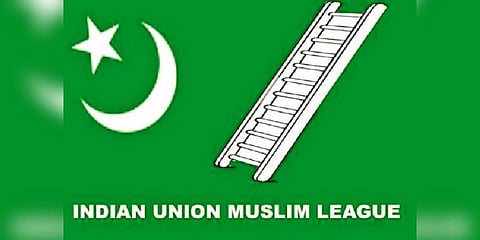

THIRUVANANTHAPURAM: Even as the CPM and the Congress, the lead partners of the two major fronts in Kerala, are vociferous in opposing the Union government’s contentious ‘one nation, one election’ proposal, some of their key allies in the state chose to be mute spectators at a critical juncture causing embarrassment to their allies.
The IUML and the RSP (both UDF) and the Kerala Congress(M) (LDF) shrugged off the call by the high-level panel, headed by former president Ram Nath Kovind, to submit their stand on holding simultaneous elections to Parliament and the state assemblies. The three parties ignored the committee’s call and missed a major chance to register their much trumpeted opposition to the proposal.
Both the UDF partners cited flimsy excuse that they don’t consider the Kovind-led panel seriously to justify their lapse. The KC(M) claimed that the party had sent its opinion, but wasn’t sure whether the communication reached the panel.
“Kovind panel’s formation was an eyewash. The BJP government constituted it only for propaganda purpose. Many political parties have not responded to it,” IUML national general secretary P K Kunhalikutty told TNIE. He said the League opposed any move to hold simultaneous elections. “We have submitted a representation to the Election Commission and the legal justice committee,” he added.
RSP leader and MP N K Premachandran said the party did not take the panel seriously. “It seems the report was prepared in advance. The BJP government had already decided to implement it policy-wise, and then they invited us for discussion. They wanted a discussion on it at the implementation stage,” he said.
KC (M) chairman Jose K Mani MP said the party had sent its opinion by post to the panel. When pointed out that the party is listed among those that did not respond to the panel, Jose said he was not sure whether it reached the committee. “I’ve to check with my office,” he said.
BJP Kerala Prabhari Prakash Javadekar asked the three parties to clarify their stance on the issue. “I am amused by the attitude of the Congress, Communists and other parties who are opposing the simultaneous elections. In 1952, 1957, 1962 and 1967 when Jawaharlal Nehru, Lal Bahadur Shastri and Indira Gandhi were the PMs, elections were held simultaneously. The EMS government was elected in 1957 through this process. The pattern was broken after Indira Gandhi dissolved all opposition-ruled state governments in 1980,” he said.
BJP state president K Surendran said it was a “half-hearted” consent from the three opposition parties on the issue.